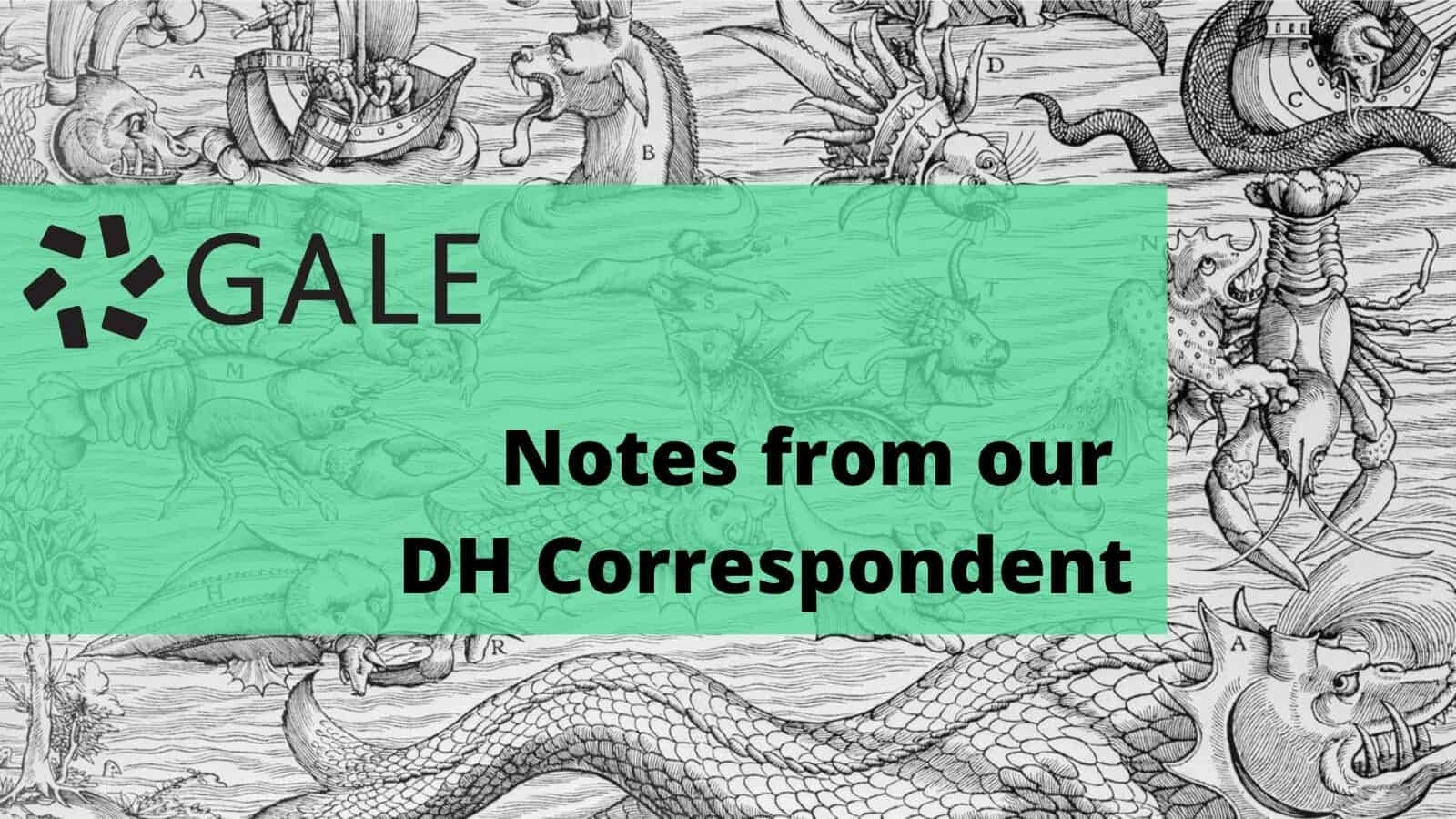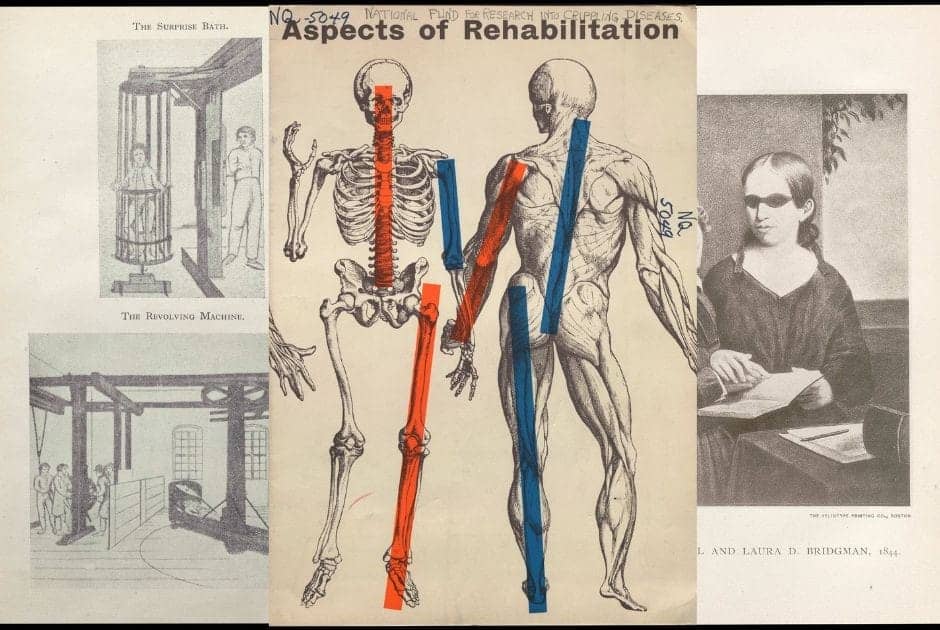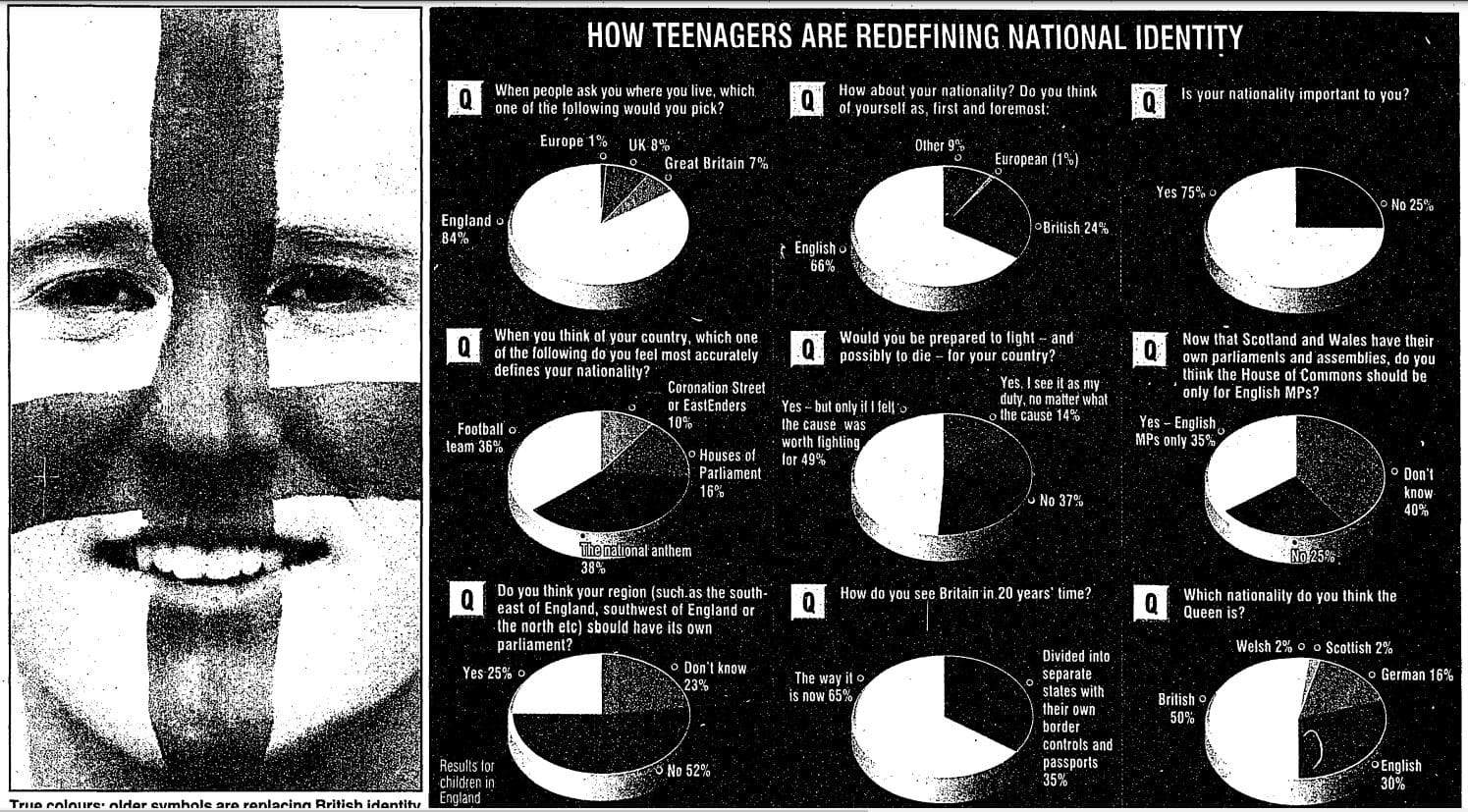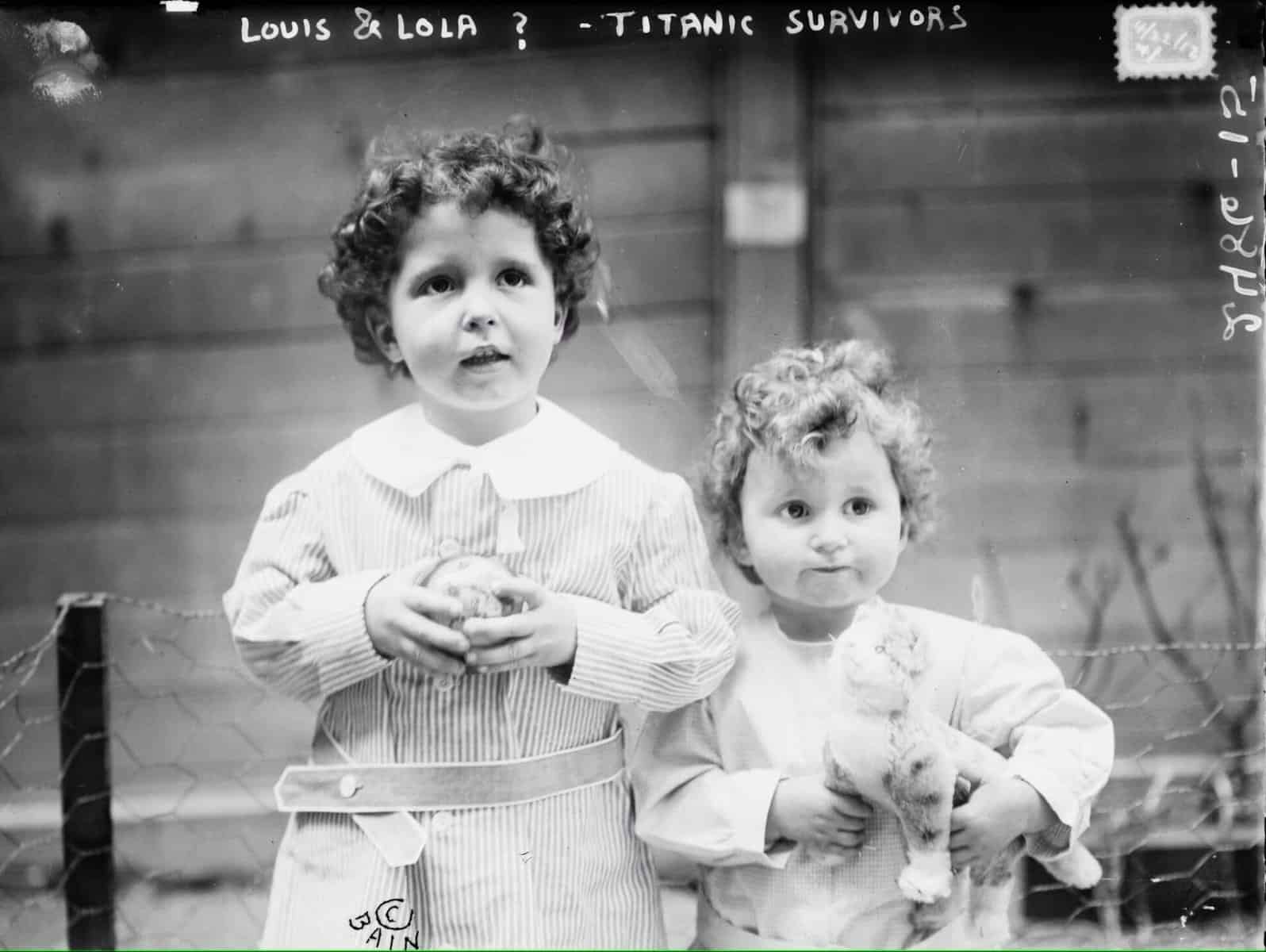│By Becca Gillott and Chris Houghton, Gale Digital Scholar Lab team│
From newspaper columns to academic reports, “The Humanities in Crisis” is a common refrain. It is a widely held fear that, in societies increasingly focused on the risks and benefits of technology in the fourth industrial revolution, studying what it means to be human is seen as increasingly irrelevant.
Irrespective of these fears, the evidence indicates that the teaching of humanities is increasingly under strain in higher education. Where we are in the UK, every summer sees the closure of yet another set of humanities departments. Higher Education assessment criteria like the UK’s Research Excellence Framework and Teaching Excellence Framework have a growing focus on measuring not just the quality, but the impact of disciplines.
This focus on impact has led to interesting developments in higher education institutions as humanities departments find new ways of working and collaborating within and without the institution.










